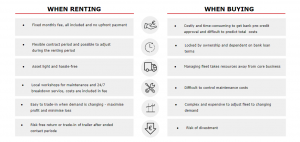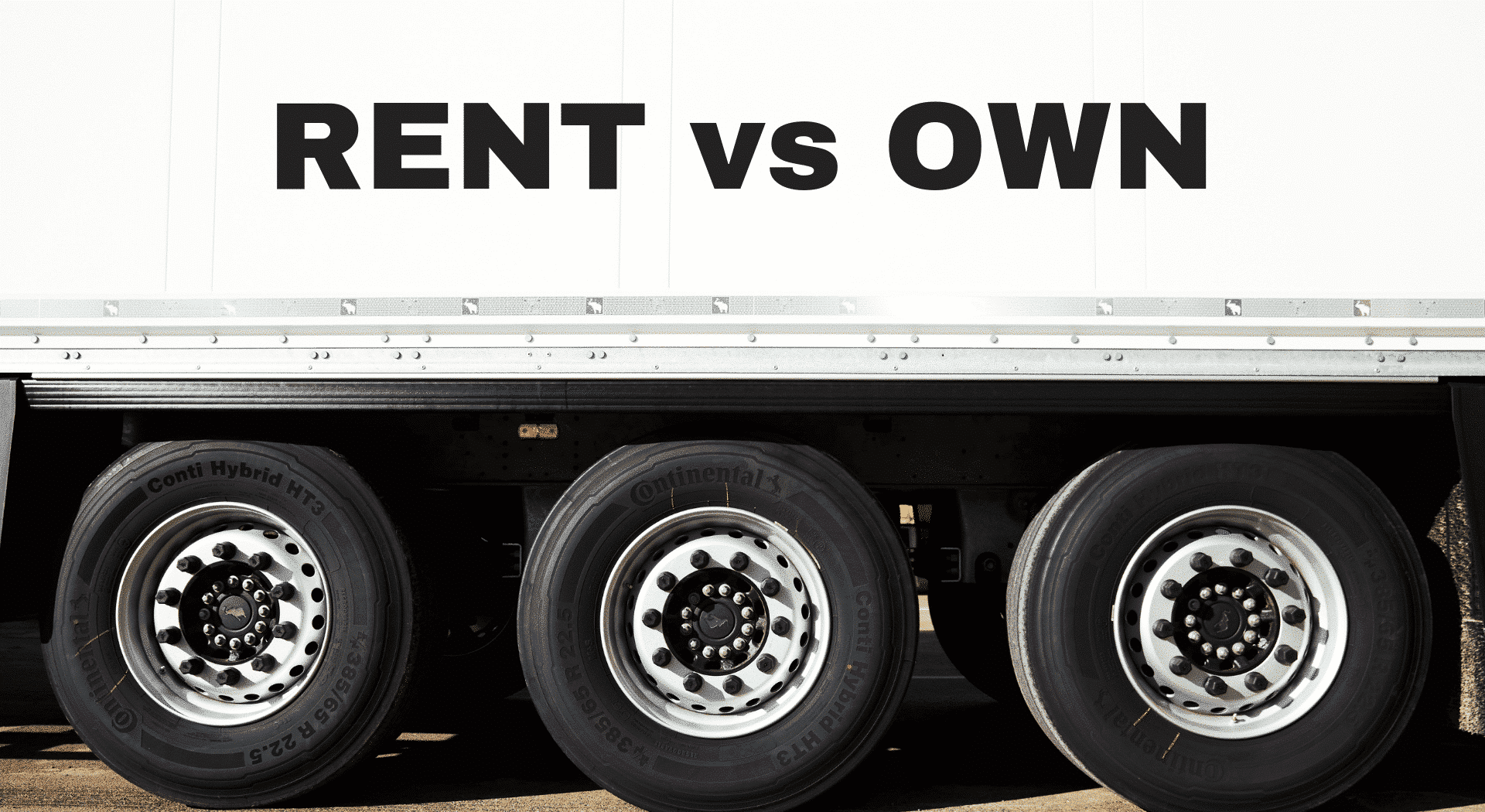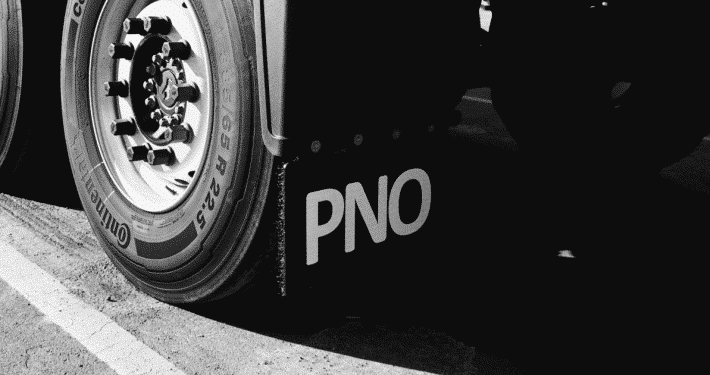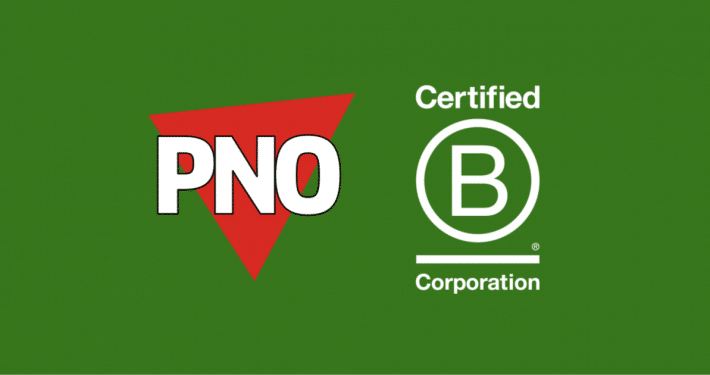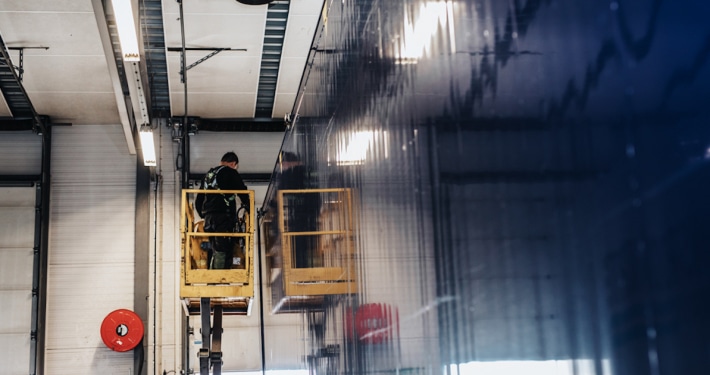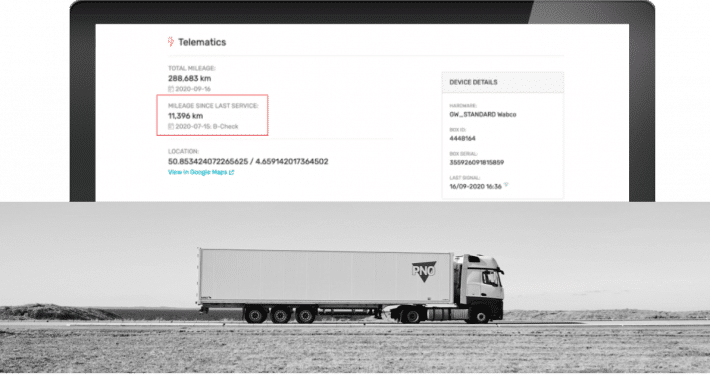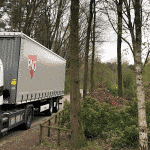Renting vs. Owning a trailer
Renting vs. Owning a trailer
From cars to furniture, leasing has been identified as an innovative business model that gives assets a longer service life. It reduces total cost of ownership, material use and carbon dioxide emissions.
More consumers prefer rental solutions to buying also to avoid the burden of owning an asset. Ownership includes taking care of purchase, maintenance as well as disposal. In most of the cases, the question is not whether to rent or buy, but rather how to find a solution that gives the best value for the assets you need to use.
Why renting a fleet
There are numerous risks related to owning trailers, which frequently results in an extensive cost landscape on top of the asset investment. Managing an owned fleet is often challenging, time consuming, and costs are difficult to forecast. It takes away resources that companies could instead spend on the core business.
Risks of owning a trailer
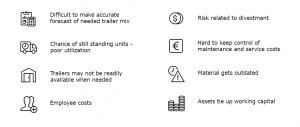
Outsourcing financing, maintenance, and divestment of the fleet is usually the right choice to secure lower costs, better liquidity, and more reliable operation with higher assets utilization.
PNO’s “one contract to one point of contact” results in hassle-free operations “from cradle to crave”. Our customers can thus easily get a full picture of all their future trailer-related costs. This also leads to significant savings in terms of money and employees time.
Financial benefits
In 5 years of ownership, a fleet investment of 0,6 MEUR will result on average in total cost of ownership (TCO) of 1 million euros after divesting the asset.
If a company chooses to invest in trailers, it will have less cash to invest in other areas with more profitable outcome. Hence, it becomes a relevant cost in the company’s budget.
Total cost ownership (TCO) – 5 years (MEUR, Million Euros)
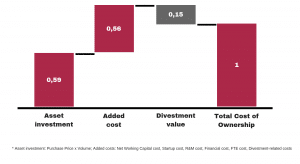
Environmental benefits
The sharing of trailers through short-term rental services leads to higher utilization compared to ownership, due to less still standing units.
Although the environmental impact of trailer sharing has not been measured yet, a Deloitte study shows that shared cars has 40% less CO2 emission than owned cars due to higher utilization.
The fleet of PNO had an average utilization rate of 94,2% in 2018, meaning that assets were rented out 94,2% of the time. It is not yet possible to track how the trailers are utilized by our customers. Nonetheless, because short term rental service is used for here-and-now needs and the rental period can be customized, we expect the utilization to be significantly higher compared to owned trailers.
To increase trailers’ usage PNO is currently looking into a solution that enable trailer sharing among customers. A feature that will be part of the PNO Rental Platform.
Renting vs. Buying a trailer
